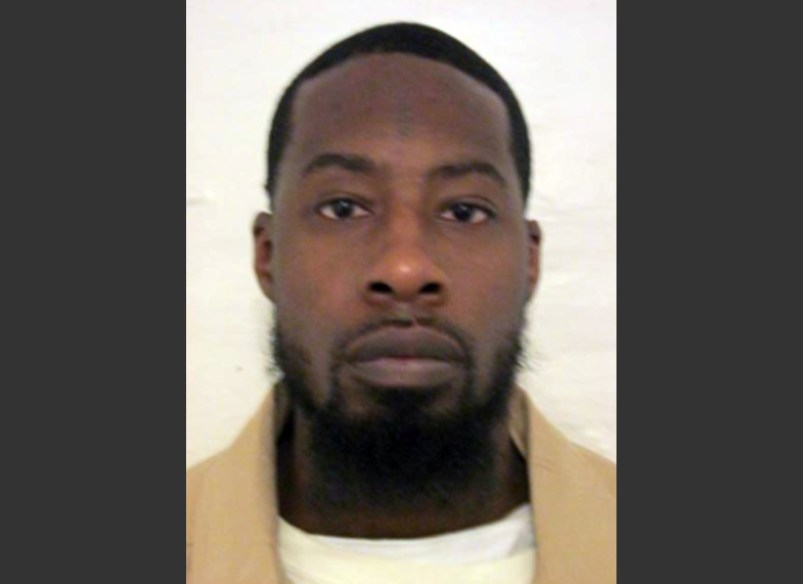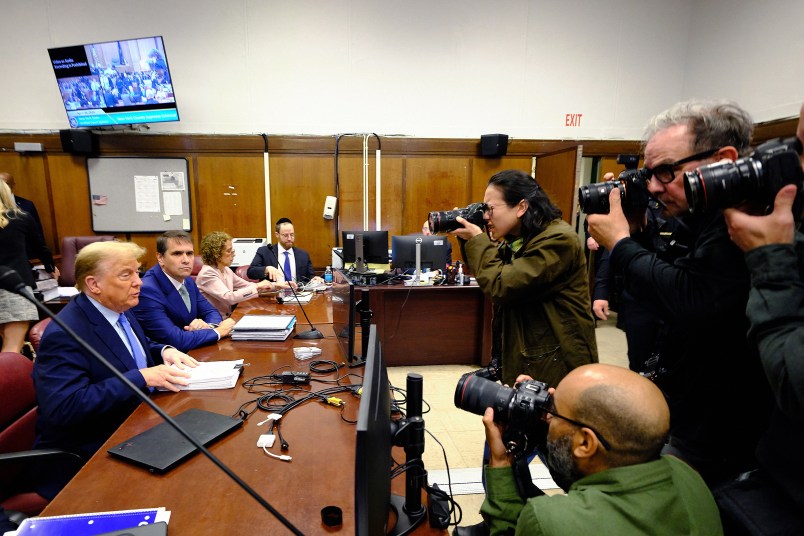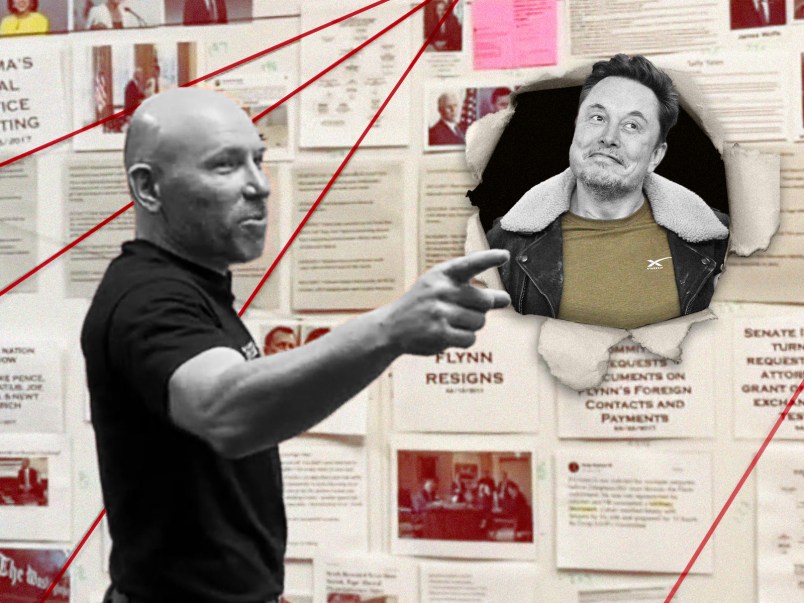TRENTON, N.J. (AP) — Violent rap lyrics should not have been admitted into evidence in an attempted murder trial, New Jersey’s highest court ruled Monday.
The ruling upholds an appeals court that had thrown out Vonte Skinner’s conviction for shooting a fellow drug dealer in 2005.
Both courts faulted the trial judge for allowing prosecutors to read the lyrics to jurors. Among the lyrics written years before the crime, Skinner boasted about “four slugs drillin’ your cheek to blow your face off and leave your brain caved in the street.”
In Monday’s 6-0 ruling, the state Supreme Court wrote that admitting the lyrics was highly prejudicial to the jury and wasn’t outweighed by the lyrics’ relevance to establishing motive or intent.
“In sum, rap lyrics, or like fictional material, may not be used as evidence of motive and intent except when such material has a direct connection to the specifics of the offense for which it is offered in evidence and the evidence’s probative value is not outweighed by its apparent prejudice,” Justice Jaynee LaVecchia wrote.
The case has been watched closely by civil liberties advocates who contend the lyrics should be considered protected free speech. In an amicus brief in support of Skinner, the ACLU New Jersey argued that rap lyrics, because of their violent imagery, are treated differently than other written works.
In its brief, the ACLU said that an analysis of similar cases in other states found that in about three-quarters of instances, judges allowed rap lyrics to be admitted as evidence.
Skinner’s initial trial ended without a verdict, but he was convicted at a second trial of shooting Lamont Peterson multiple times at close range, leaving Peterson paralyzed from the waist down. Peterson testified the two men sold drugs as part of a three-man “team” and got into a dispute when Peterson began skimming some of the profits.
During the trial, state prosecutors read 13 pages of rap lyrics that were found in the back seat of the car Skinner was driving when he was arrested. Some of the writings were penned three or four years before the Peterson shooting.
In its ruling overturning the verdict, the appellate court said that caution must be exercised when allowing prior writings as evidence in a trial. The judges also wrote that the lyrics weren’t necessary to buttress the state’s case.
Copyright 2014 The Associated Press. All rights reserved. This material may not be published, broadcast, rewritten or redistributed.









